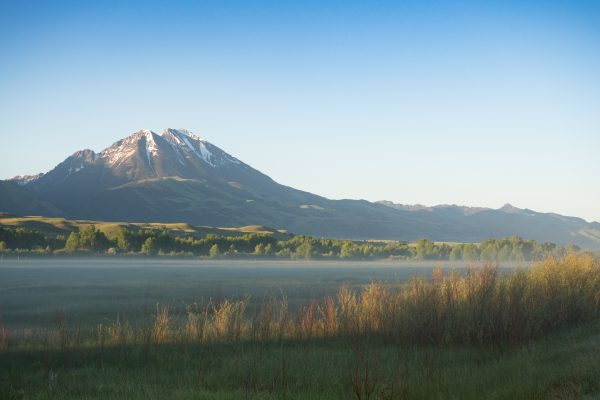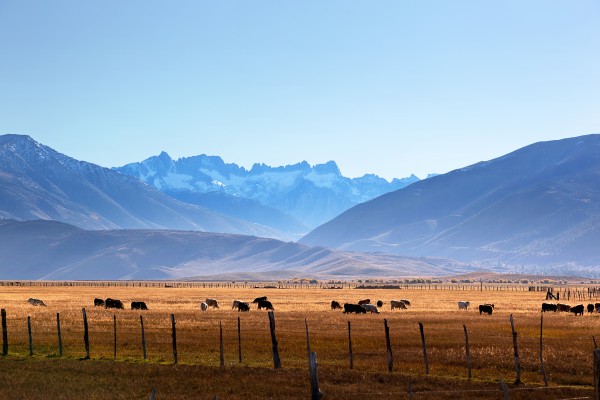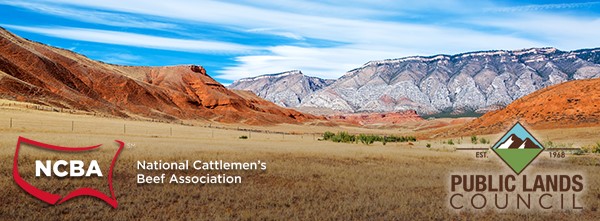WASHINGTON (October 1, 2015) – Livestock producers won a significant victory in court yesterday when a judge in Washington D.C., soundly rejected unsupported claims that the United States Forest Service wild horse management plan would threaten the long-term health and well-being of the wild horse population in the Modoc National Forest.
In 2014, the wild horse population in the Devils Garden wild horse territory of the Modoc National Forest was estimated at 400 to 700 percent overpopulated. The Forest Service plan would reduce horses to the Appropriate Management Level (AML) in the area and correct boundaries of the horses’ territory that currently incorrectly includes private property and other inappropriate USFS land. The reduced populations, livestock producers and USFS argue, would live up to the agency’s requirement to provide a “thriving natural ecological balance,” as described in the Wild Free-Roaming Horses and Burros Act of 1971.
“While the activists’ goal appeared to be to leverage the Wild Horse Act to increase wild horse use and reduce domestic livestock use, the court stood staunchly behind the science-based decisions in the management plan,” said Dustin Van Liew, Public Lands Council executive director. “The court maintained that the wild horse management decision by the USFS is not a suitable vehicle to dispute livestock grazing permits.”
In the court’s words, “Plaintiffs may disagree with the Forest Service’s decision to adjust the AML range instead of modifying grazing permits and livestock management plans,” but the National Environmental Policy Act (NEPA) “is not a suitable vehicle for airing grievances about the substantive polices adopted by an agency, as NEPA was not intended to resolve fundamental policy disputes.”
Additionally, the court ruled that the wild horse territory cannot be extended beyond the area occupied by the horses in 1971, when the Act was passed.
“Overpopulation of wild horses threatens not only the health of the range, but the livelihood of those that do properly manage the natural resources,” said Van Liew. “The Judge saw directly through shortsighted arguments in the case and recognized the critical need to properly manage the exploding population of these horses and to take care of the land.”
The Western Resources Legal Center (WRLC) represented the Public Lands Council and the National Cattlemen’s Beef Association as well as California Cattlemen’s Association. A first of its kind law center, WRLC educates students on real legal cases, giving them the opportunity to gain valuable experience in the courtroom, while advocating on natural resource dependent entities.




